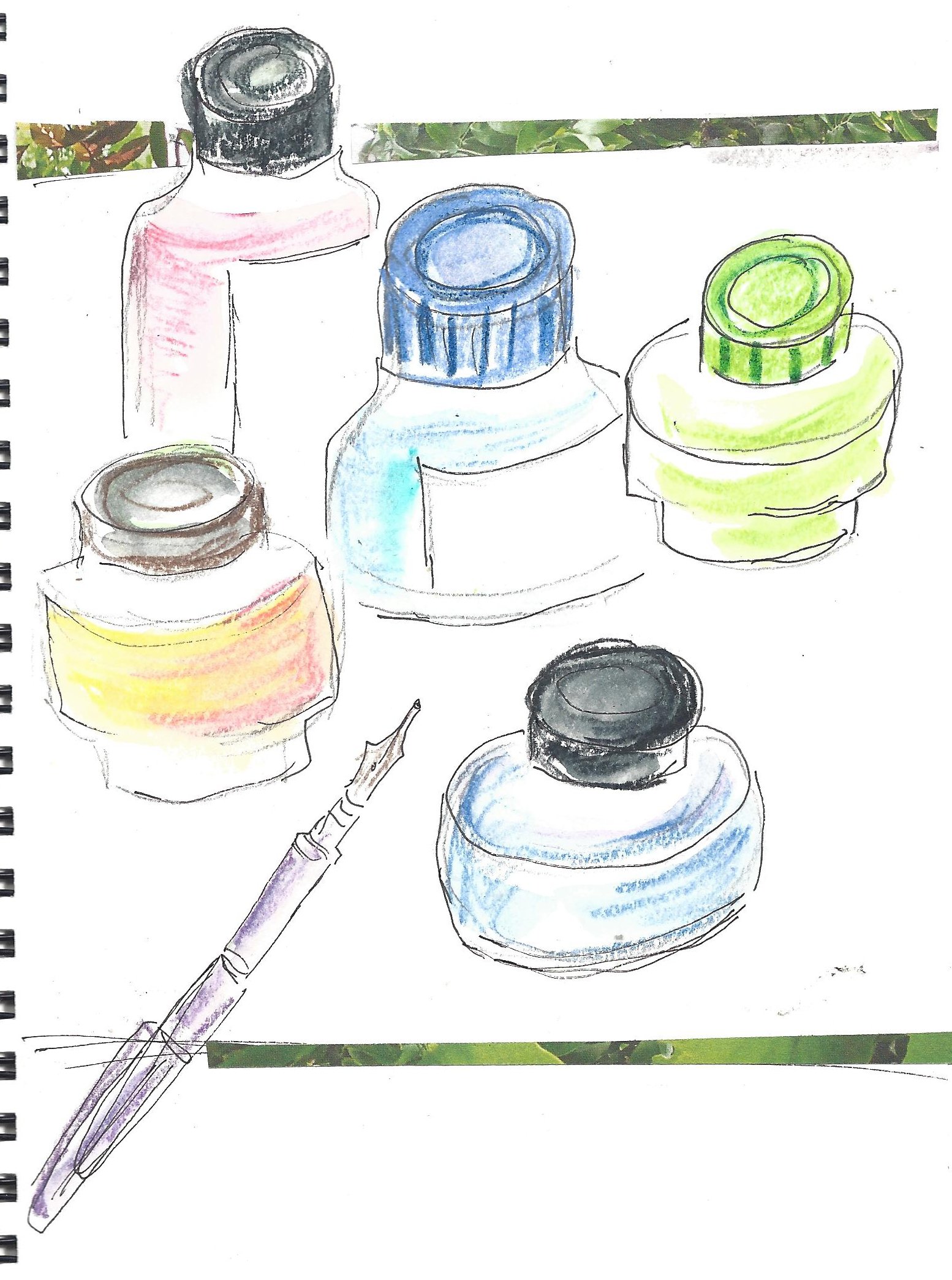Honesty and Originality in Academic Writing
by Janet Salmons, Research Community Manager for SAGE Methodspace
Dr. Salmons is the author of Doing Qualitative Research Online, which focuses on ethical research and writing, and What Kind of Researcher Are You? which focuses on researcher integrity. Use the code MSPACEQ323 for a 20% discount from SAGE, valid until September 30, 2023.
Academic writing and research ethics
Some might think about research ethics as a set of protocols involved in approval of a proposal and conduct of the study. However, ethical research practice does not stop with the conclusion of the study. Importantly, ethical research practice comes to fruition in academic writing.
First, let’s address a fundamental issue: if our academic writing is based on flawed research or we are representing work as our own that is not, we can’t make an authentic contribution to our fields. Once the truth comes out, ethical shortcomings make the news and reflect badly on the academy, scholarly research and publications.
See an interview with Dr. Salmons about researcher integrity here.
Researchers at the highest levels are all too frequently caught with egregious lapses. So while the problems are much bigger than student plagiarism, when we work with students, we have a responsibility to impress upon them the importance of academic honesty and how to live it.
Plagiarism in the digital age
We can’t ignore the fact that we are in a tech-pervasive time when it is all too easy to simply cut and paste others’ ideas. Popular “mashup” culture blurs boundaries between acceptable and unacceptable use of others’ work. With a few clicks we can find academic writing services where a fee buys whatever essays, articles, or papers we want. When I looked for “research paper on Virginia Woolf” 6,360,000 results showed up on Google. I followed one link and discovered a service that can produce anything from a book report to a dissertation or an article. These ghostwritten papers are intended for buyers to submit under their own names They are guaranteed to pass through a plagiarism detection service such as Turnitin.com.
Based on my own research on these issues, including review of literature and interviews with a variety of university officials, (not to mention almost 20 years teaching grad school) four main strategies are being used to combat plagiarism:
Have, promote, and administer clear, institution-wide policies for academic honesty.
Use electronic detection tools such as Turnitin.com or search engine searches of suspicious phrases.
Teach the proper use of sources by defining plagiarism and educating learners in methods for citation.
Design meaningful and unique assignments. Instruction that encouraged collaborative projects, critical and creative thinking can minimize the possibility of cheating because such assignments can’t be bought or copied.
The goal for academic writing is more than error-free use of citations!
I placed these options on a continuum, to illustrate how each strategy corresponds to degrees of honesty and originality. On one side, we have intentional intellectual theft and misrepresentation. Institutional policies and the use detection tools are intended as remedies to these problems. Such policies must be revised to address changing technologies. With new workarounds that allow writers to elude exposure readily available online, messages about the ramifications of cheating must be continually reinforced.
In the middle of this continuum we see the problems of ignorance or sloppy use of proper citations: issues that can be addressed by instruction about the arcane particularities of APA, MLA, and other referencing styles.
The last point on the continuum takes us into new territory: plagiarism isn’t simply inadequate use of citations, it represents inadequate thinking. From this perspective, while academic writers have sought to balance the desire to express new understandings in our own scholarly voices with expectations for situating that work within the literature of the field, the aspirational goal of academic research is not to produce papers with copious citations and clean reference lists. It is to generate insights and original thought that builds on past findings, sheds new light on the problems being investigated, and catalyzes action in the field of study or in practice. If the academy commits to these goals, a culture change and shift towards greater appreciation of innovation and creativity in academic life will be essential.
How can we reward those who color outside the lines? From student assignments to criteria for tenure and promotion, priorities could shift in order to cultivate, incentivize, and celebrate originality and authentic impact. No one approach will solve all problems, but such new directions could be beneficial to the research field and to society at large.



























Informed consent is the term given to the agreement between researcher and participant. In this post Janet Salmons offers suggestions about the intersections of the Internet communications, ethics and participants.